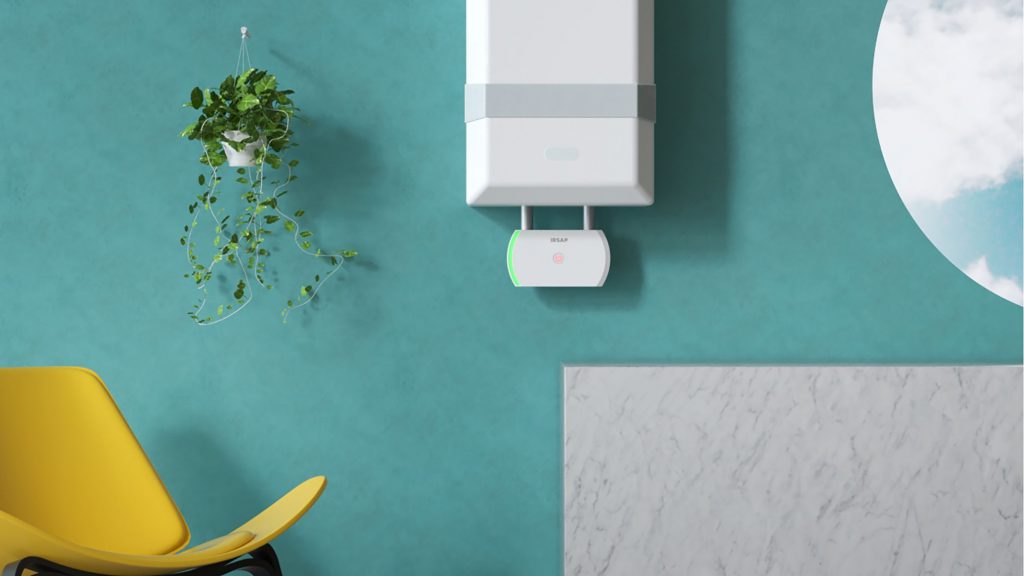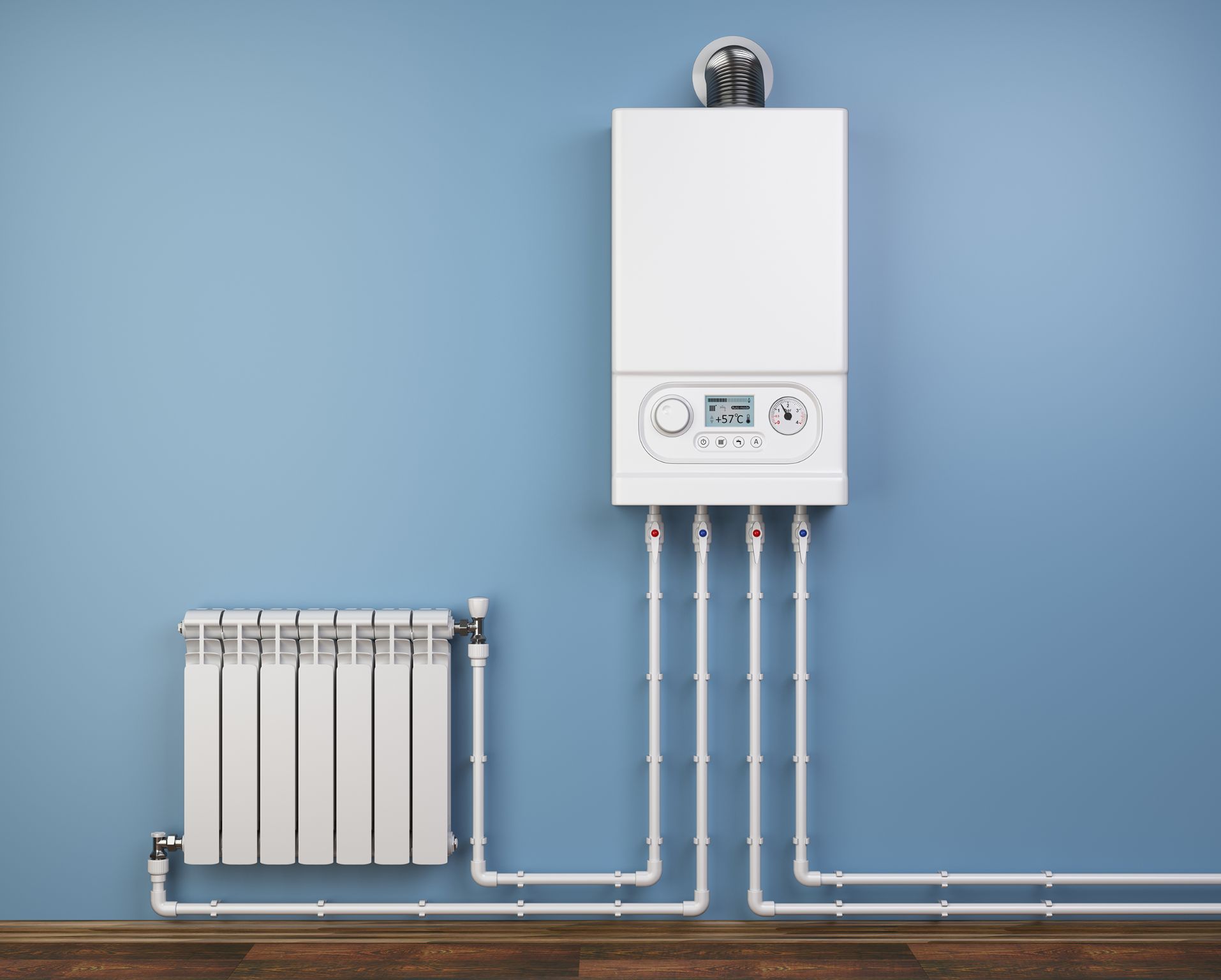
Boiler replacement: the complete guide
Replacing the home boiler can be a challenging but necessary undertaking. On one hand, it involves a significant financial investment, but, on the other hand, a new and efficient boiler that contributes to energy savings helps cut heating costs.
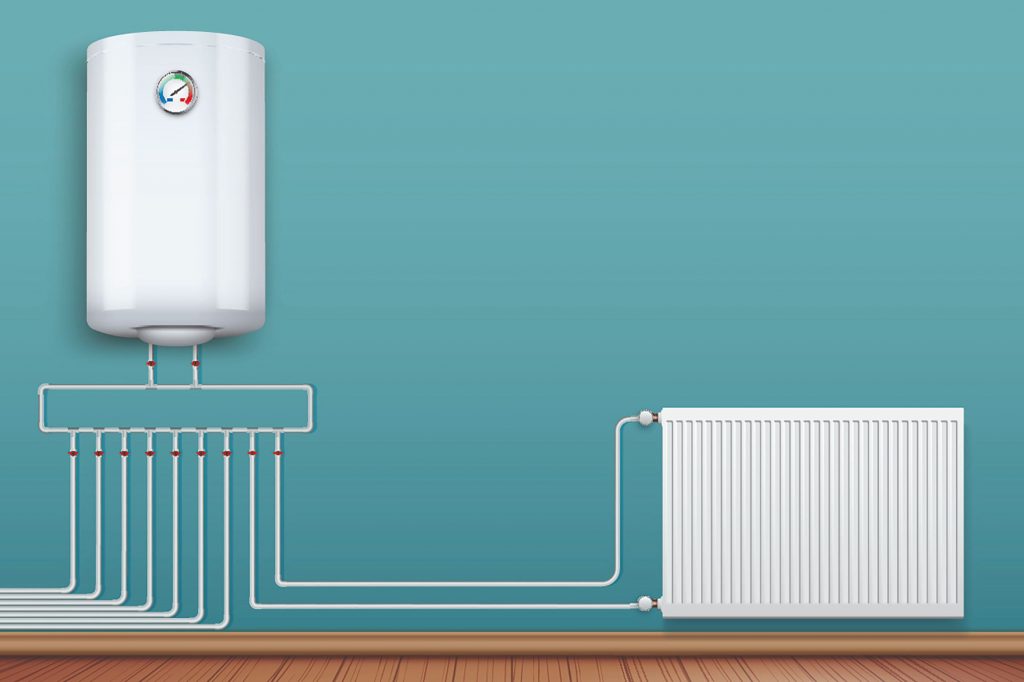
When should you change your boiler?
Regular maintenance of the heating system helps our boiler function better and last longer. However, there comes a time when replacement is necessary and there are some signs that help us understand when to take action.
- The average lifespan of a boiler is around 10-12 years. As time passes, more extensive maintenance is required due to the wear and tear of its components. It is therefore advisable to schedule necessary checks away from the coldest season, thus avoiding additional intervention costs.
- A boiler should not make noise. If it does, intervention is necessary. Buzzing and vibrations can result from a broken valve or a pump that has stopped working correctly. In such cases, the best course of action is to immediately turn off the boiler and contact a specialised technician.
- Radiators take too long to heat up: there may be a malfunction. The cause could be traced to dirty water circulating within the system and radiators. Regular maintenance helps find a remedy.
Regular and periodic checks remain the first precaution to prevent carbon monoxide emission due to combustion problems. It is an odourless and tasteless substance, making it imperceptible but potentially lethal.
In addition to technical issues, there is the energy efficiency factor: old boilers belong to a lower energy class compared to modern ones. The lower the energy class, the higher the consumption, and consequently, the bill is significantly higher.
How much does it cost to change a boiler?
To estimate the costs for replacing a boiler, it is necessary to consider its technology. In turn, the choice depends not only on the user's financial availability but also on the available space.
To get an overview of the expenses, let's consider three cases:
- condensing boiler;
- biomass boiler;
- heat pump.
The price of a new condensing boiler starts from 500 pounds (for a unit with approximately 24 kW of power) and goes up to 1,800 pounds (32 kW).
As for the biomass boiler, expenses are expected to increase significantly, ranging from 4,000 pounds to more than 10,000 pounds. This type of boiler can be fueled with pellets, wood processing waste, organic residues and agro-food industry by-products. In addition to space for the heat generator, the biomass boiler requires a suitable and spacious place for the storage and preservation of combustible material.
The heat pump is one of the most advanced temperature regulation systems and for this reason its cost is substantial. It varies depending on the square footage it needs to cover and, on average, ranges from 8,000 to 18,000 pounds. Considering that it recovers energy from the environment to convert it into heating, similar to a biomass boiler, the heat pump also requires a dedicated outdoor space for its technical features.
In addition to the boiler price, installation costs must be added, including all components necessary for proper operation. Given the investment required, it is advisable to rely on the expertise of a skilled technician, starting with an inspection, to receive all the necessary advice.
What is the UK government boiler upgrade scheme?
The UK government has introduced the Boiler Upgrade Scheme to encourage homeowners to replace old, inefficient boilers with modern, eco-friendly ones. The primary goal is to enhance energy efficiency, reduce carbon footprints and cut down on utility bills.
Let’s see the key benefits of upgrading a boiler.
- Energy savings: you can enjoy lower energy bills with a new, energy-efficient boiler that optimises fuel consumption.
- Environmental impact: you can contribute to a greener planet by reducing carbon emissions associated with outdated heating systems.
- Home comfort: with a boiler upgrade, you can have improved heating performance, ensuring a warm and cosy home environment.
- Financial incentives: the scheme may provide financial incentives, grants, or discounts to ease the cost burden of boiler upgrades.
What kind of boiler is more convenient?
The evaluation phase for choosing a new boiler is crucial. As previously mentioned, there are several factors that influence the decision.
- Power output: the larger the area to be heated, the more powerful the boiler needs to be.
- Energy class: a higher energy class corresponds to greater energy efficiency.
- Quality: the quality-to-price ratio is an added value because, despite the initial financial investment, the benefits are long-term.
- Available space: the option to use an outdoor space allows for considering the purchase of a heat pump.
For instance, an air-water heat pump harnesses the energy from the air and channels it to water through a closed circuit containing a regenerative fluid. Undoubtedly, this system minimises environmental impact and falls within the category of heat generators endorsed by sustainability policies.
On the other hand, a condensing boiler's strength lies in its innovative technology, enabling heat recovery from exhaust fumes. This heat is transformed into new energy for heating and producing hot sanitary water.
In the context of energy efficiency, home automation is the last step. Smart thermostats and thermostatic valves, remotely controlled, simplify the management of the heating system, reducing waste and correctly setting the temperature based on the time of day and the habits of those living in the house.
Other posts
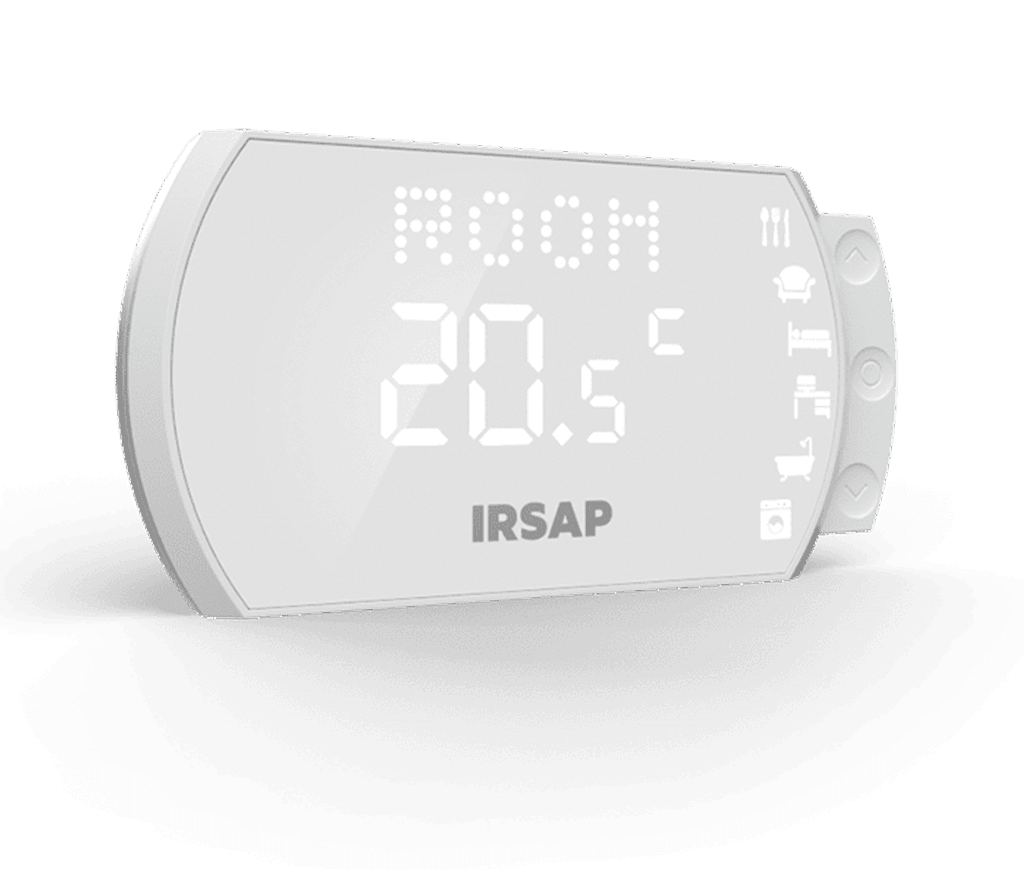
Smart Thermostat
Replace your traditional thermostat with our wireless smart thermostat with advanced functions to easily set the temperature and accurately measure the temperature, humidity level and air quality in your home.
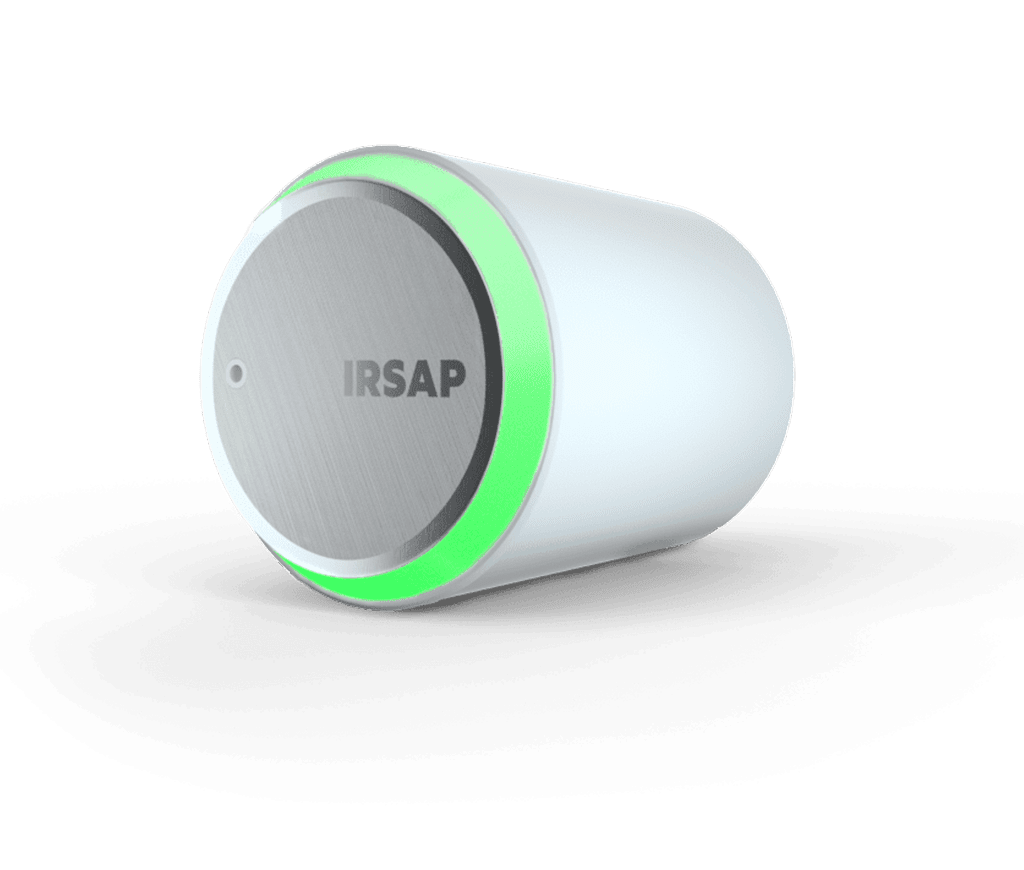
Smart Valve
Control the temperature of each room separately. Our wireless thermostatic valves are compatible with all radiator brands and leading hydraulic valve manufacturers.
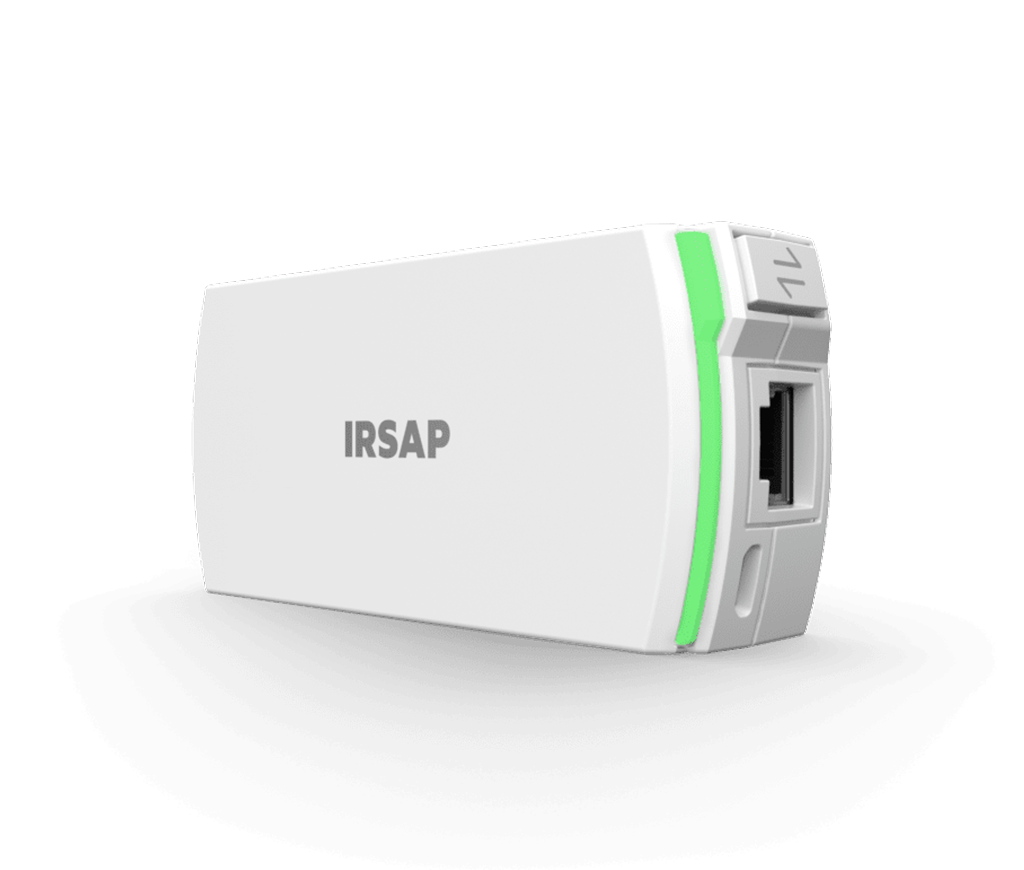
Connection Unit & Repeater
Multi-storey or very large house? Add a Connection Unit to be used in Repeater mode to extend the signal to all rooms and ensure proper communication with other devices in your IRSAP NOW wireless heating system.







